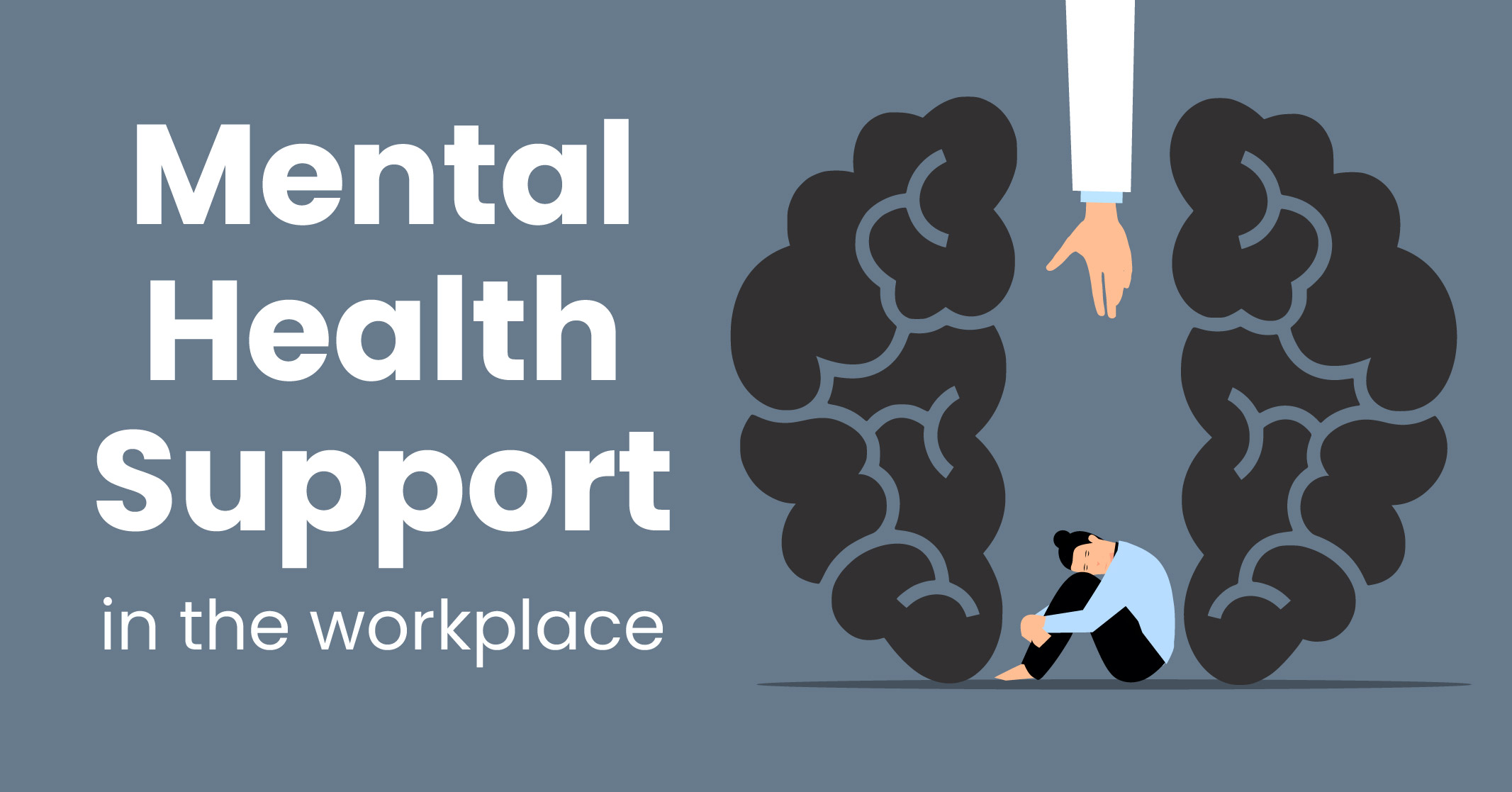Explore a Reputable Inpatient Mental Health Program in Your Area
Wiki Article
Comprehensive Inpatient Mental Health And Wellness Services for Effective Therapy
Inpatient mental wellness services represent a crucial element of the health care system, offering a organized and intensive environment for people experiencing extreme psychological distress. These solutions employ a multidisciplinary technique, integrating different evidence-based treatments to address the complicated demands of patients. The efficiency of such thorough care extends beyond instant stablizing; it additionally incorporates the transition to outpatient support, an important stage often overlooked - Inpatient Mental Health Facility. Exploring the nuances of this continuum reveals considerable ramifications for both private healing and wider psychological health and wellness results. What aspects truly influence this transition, and how can we improve its effectiveness?Understanding Inpatient Mental Wellness Services
Inpatient psychological health services offer crucial support for people experiencing serious psychological distress that can not be taken care of successfully in an outpatient setting. These services are made to use an intensive degree of treatment in a structured environment, often within a hospital or specialized center. Clients confessed to inpatient programs normally show intense signs and symptoms, such as suicidal ideation, extreme anxiety, or psychosis, necessitating continuous monitoring and treatment.The admission process generally includes a comprehensive analysis by mental health and wellness professionals, that evaluate the person's frame of mind, background, and instant demands. Once confessed, patients involve in a selection of therapeutic modalities customized to their specific demands, consisting of medication administration, specific therapy, and team sessions. This holistic technique intends to stabilize the individual's problem, promote security, and foster coping abilities.
Inpatient psychological health and wellness services not only address prompt wellness issues but likewise work as a bridge to ongoing care. By supplying a regulated environment, these services assist in the development of treatment plans that can be proceeded in outpatient setups, hence guaranteeing a continuum of care and enhancing lasting end results for people with complicated psychological health needs.
Key Parts of Effective Treatment
Efficient treatment in inpatient mental health services makes up a number of crucial elements that promote recuperation and stabilization. Primarily, a detailed analysis is vital to recognize the person's particular demands and difficulties. This analysis notifies the advancement of a tailored treatment plan, which acts as a roadmap for intervention.One more vital component is the multidisciplinary team strategy. Cooperation amongst psychoanalysts, psychologists, nurses, and social workers makes certain that numerous point of views add to the patient's treatment, enhancing the efficiency of treatment. Evidence-based healing techniques, such as cognitive-behavioral therapy (CBT) and dialectical behavior modification (DBT), are likewise integral, offering organized strategies that deal with maladaptive thought patterns and behavior issues.

Last but not least, an emphasis on aftercare planning is important to ensure a seamless change to outpatient services, reducing the risk of regression and promoting long-lasting wellness. These cumulative elements create a reliable treatment structure within inpatient mental health solutions.
Benefits of Comprehensive Care

Detailed care in inpatient mental wellness services provides many advantages that dramatically enhance patient end results. Among the primary benefits is the alternative method to therapy, attending to not only the emotional signs yet also the physical, social, and psychological requirements of people. This extensive evaluation enables customized interventions that promote overall wellness.
Another benefit is the combination of multidisciplinary groups, which promotes partnership among health care experts. click here for more This collective setting ensures that clients get collaborated care, lowering the danger of fragmented treatment and enhancing communication among caretakers. In addition, thorough treatment promotes connection of solutions, enabling for seamless shifts from inpatient to outpatient settings, which is vital for lasting recuperation.

Lastly, the structured setting of extensive inpatient treatment offers a safe space for patients to take part in therapeutic tasks, aiding them create coping techniques and resilience. Collectively, these advantages add to a lot more efficient treatment and improved lifestyle for people experiencing psychological health and wellness dilemmas.
Evidence-Based Therapeutic Approaches
In the world of psychological health and wellness treatment, evidence-based healing strategies play a critical function in making sure that people get efficient and clinically supported interventions. These methods incorporate the very best offered research with professional experience and individual values, cultivating a tailored treatment experience that attends to individual demands.click reference
Cognitive Behavior Modification (CBT) is among one of the most widely acknowledged evidence-based approaches, focusing on determining and transforming negative idea patterns and actions. This structured method has shown efficacy in treating problems such as ptsd, anxiety, and stress and anxiety. Similarly, Dialectical Habits Treatment (DBT) is specifically effective for individuals with borderline character condition, highlighting the growth of psychological law and interpersonal effectiveness skills.
Furthermore, medicine administration is commonly an indispensable part of evidence-based therapy, as psychotropic drugs can relieve signs and symptoms and boost general performance. Collective care models, which involve multidisciplinary groups, better boost the effectiveness of inpatient services by guaranteeing extensive assessments and continuous surveillance.
Inevitably, the integration of evidence-based restorative methods not only advertises favorable scientific outcomes but additionally equips clients, fostering a sense of firm and strength in their mental health trips.
Transitioning to Outpatient Support
The transition from inpatient psychological health and wellness solutions to outpatient assistance marks a critical stage in a person's recuperation journey. This duration needs careful preparation and coordination to make certain continuity of treatment and to alleviate the risks of regression or crisis. Reliable discharge planning need to begin early in the inpatient keep, including a multidisciplinary group that includes psychoanalysts, psychologists, registered nurses, and social workers.Trick elements of an effective shift consist of the development of a thorough aftercare plan customized to the person's particular demands. This plan must outline follow-up visits, drug administration, and healing interventions, in addition to recognize community sources and assistance teams that can help with continuous recuperation.
Furthermore, individual and family education is important during this stage. Understanding the indications of possible setbacks and the significance of sticking to therapy can encourage clients and their support systems.
Normal follow-up and review of Full Report the outpatient plan are necessary to attend to advancing challenges. By fostering a collective connection in between outpatient and inpatient companies, the probability of continual recuperation rises, inevitably boosting the patient's lifestyle and decreasing the danger of readmission.

Verdict
In summary, thorough inpatient mental health and wellness solutions offer a necessary structure for addressing serious emotional distress through a multidisciplinary strategy. By integrating evidence-based treatments, cultivating a structured environment, and promoting household participation, these solutions enhance treatment efficiency. The focus on security and the growth of coping skills not just aids in immediate recuperation however also promotes a smoother change to outpatient care. Inevitably, such comprehensive treatment is essential for lasting psychological wellness and health.The admission procedure usually involves a comprehensive assessment by mental wellness specialists, that examine the individual's mental state, background, and prompt demands.Efficient treatment in inpatient mental health solutions consists of a number of essential components that foster recuperation and stablizing.Extensive treatment in inpatient psychological health and wellness services supplies many benefits that significantly enhance patient end results.The shift from inpatient mental wellness services to outpatient support notes a vital phase in a person's healing journey.In recap, extensive inpatient psychological health and wellness services supply a necessary framework for resolving serious psychological distress with a multidisciplinary approach.
Report this wiki page